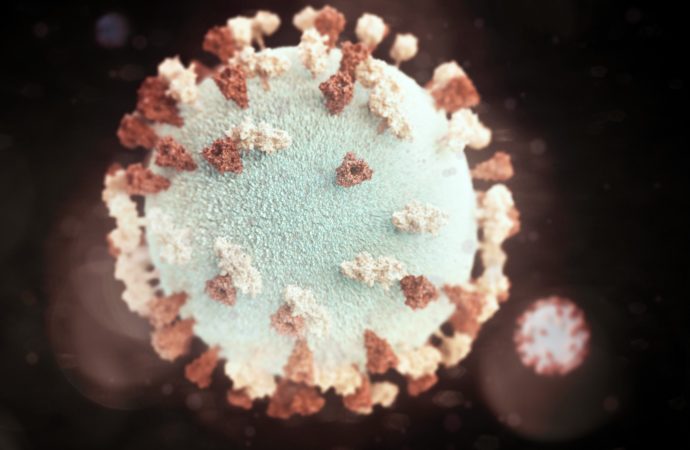Antibiotics are often hailed as one of the greatest medical discoveries of the 20th century, credited with saving countless lives and revolutionizing the way we treat infections. But as their use has become more widespread, a dangerous consequence has emerged: the rise of antibiotic resistance. Antibiotic resistance occurs when bacteria evolve and become resistant to
Antibiotics are often hailed as one of the greatest medical discoveries of the 20th century, credited with saving countless lives and revolutionizing the way we treat infections. But as their use has become more widespread, a dangerous consequence has emerged: the rise of antibiotic resistance.
Antibiotic resistance occurs when bacteria evolve and become resistant to the drugs used to treat them. This means that infections that were once easily cured can become much more difficult, or even impossible, to treat. The World Health Organization has warned that antibiotic resistance is one of the biggest threats to global health, and that if we don’t take action soon, we could be heading towards a post-antibiotic era where even minor infections could become life-threatening.
One of the main drivers of antibiotic resistance is the overuse and misuse of antibiotics. Many people believe that antibiotics are a cure-all for any illness, and demand them from their doctors even when they are not necessary. This has led to antibiotics being prescribed for viral infections, such as the common cold, which they are not effective against. The more antibiotics are used, the more opportunities bacteria have to develop resistance.
Another factor is the use of antibiotics in agriculture. Antibiotics are often given to livestock to promote growth and prevent infections, but this has led to the development of antibiotic-resistant bacteria in animals, which can then be transmitted to humans through food or the environment.
To combat antibiotic resistance, there is an urgent need to curb the overuse and misuse of antibiotics. This includes educating the public about when antibiotics are necessary and when they are not, as well as promoting alternative treatments such as vaccines and probiotics. It also means reducing the use of antibiotics in agriculture, and developing new antibiotics to replace those that have become ineffective.
Antibiotic stewardship is a key part of the solution. This involves using antibiotics in a responsible way, ensuring that they are only prescribed when necessary, and that the right antibiotic is chosen for the specific infection. It also means ensuring that antibiotics are taken correctly, for the full course prescribed, to prevent the development of resistance.
In conclusion, the urgent need to curb antibiotic use cannot be overstated. Antibiotic resistance is a global threat that requires immediate action. By promoting antibiotic stewardship and reducing the overuse and misuse of antibiotics, we can help to preserve these life-saving drugs for future generations.

















Leave a Comment
Your email address will not be published. Required fields are marked with *